Essential Cybersecurity Tips for Remote Workers
Remote work has become a standard practice for many businesses, offering flexibility and convenience. However, it also introduces cybersecurity risks that can compromise sensitive data and company systems. Cybercriminals often target remote workers because home networks are typically less secure than office setups. Here are essential tips to keep your data safe while working remotely.
1. Use Strong and Unique Passwords
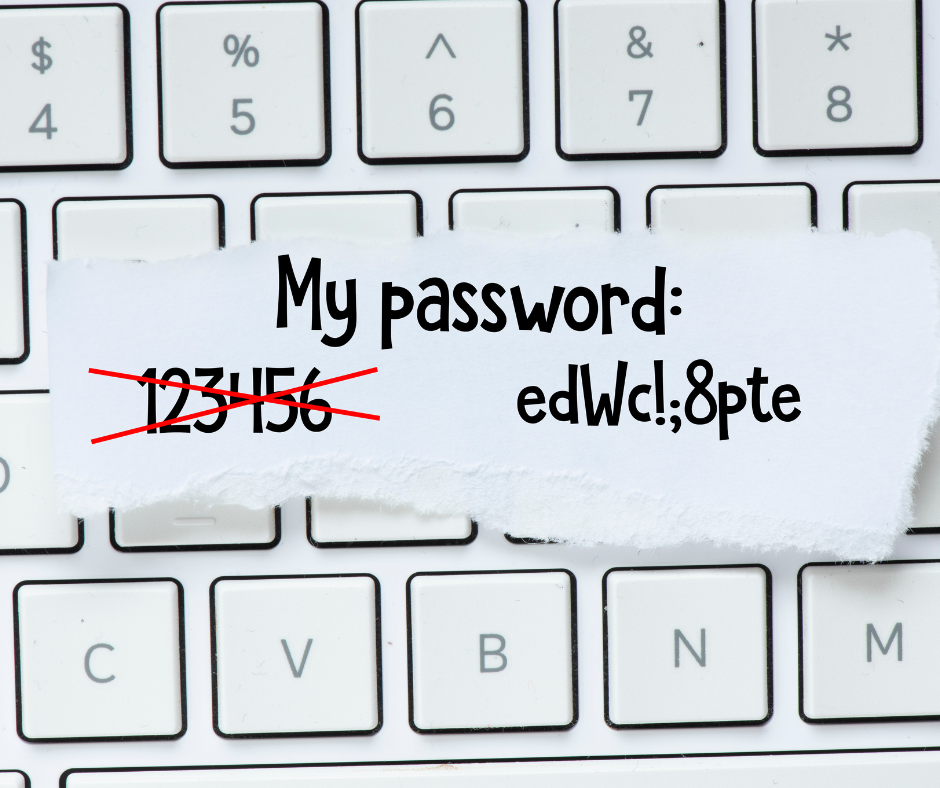
One of the simplest yet most effective steps is using strong, unique passwords for all accounts. Avoid using personal information or common words. Instead, use a mix of uppercase and lowercase letters, numbers, and symbols. Consider using a password manager to generate and store secure passwords without the need to memorise them.
2. Enable Two-Factor Authentication
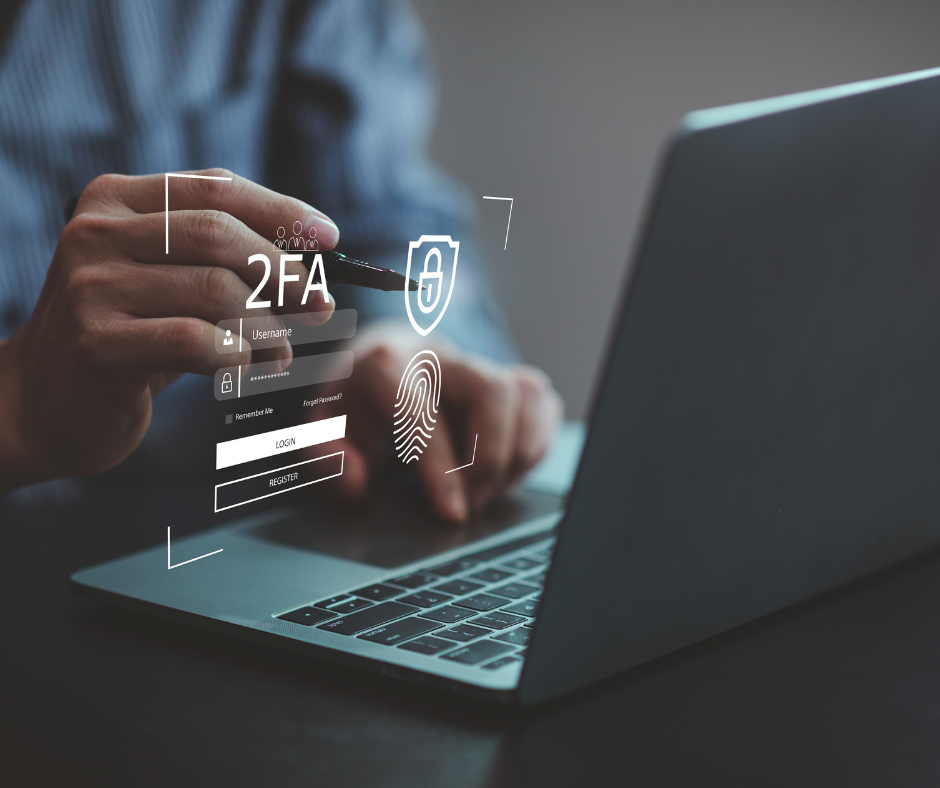
Two-factor authentication (2FA) adds an extra layer of security by requiring a second form of verification, such as a code sent to your phone. Even if your password is compromised, 2FA reduces the risk of unauthorised access to your accounts.
3. Secure Your Wi-Fi Network

Your home Wi-Fi is the gateway to your online activities. Always change the default router password to something strong and enable WPA3 encryption if available. Avoid using public Wi-Fi for work-related tasks. If you must connect to public networks, always use a VPN (Virtual Private Network) for encryption.
4. Keep Software Updated
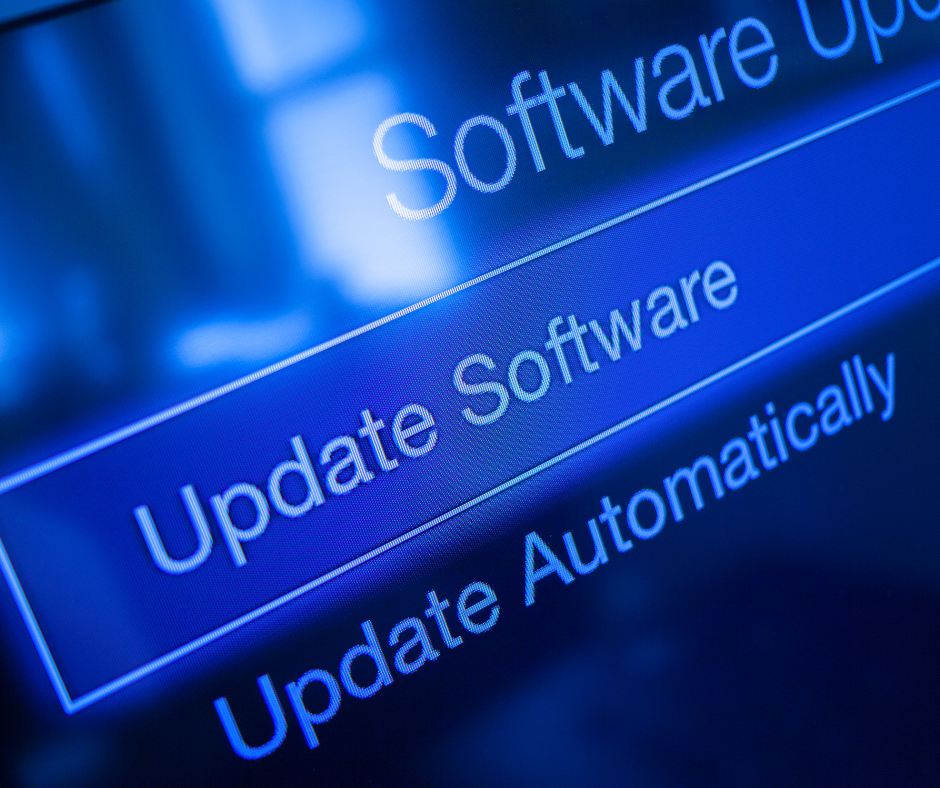
Cybercriminals exploit vulnerabilities in outdated software. Regularly update your operating system, applications, and antivirus programs to patch security gaps. Turn on automatic updates where possible to ensure you don’t miss critical security patches.
5. Use a VPN for Extra Protection
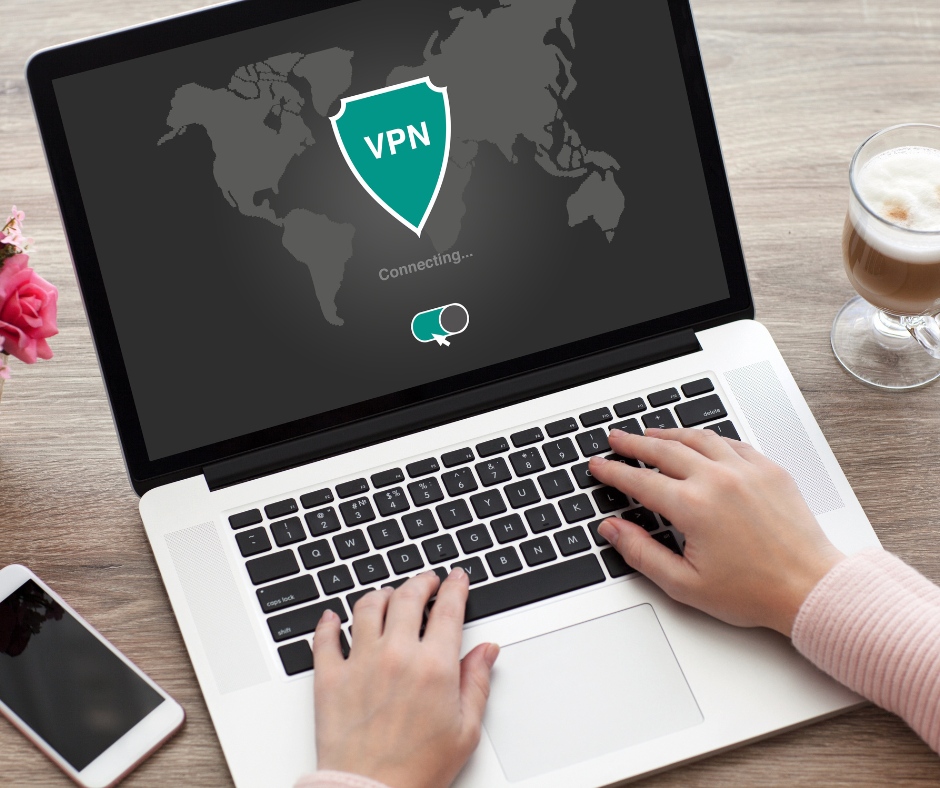
A VPN encrypts your internet traffic, making it harder for hackers to intercept your data. This is especially important when accessing sensitive information or using shared networks. Many companies provide VPN services for employees, but if yours doesn’t, consider investing in a reliable provider.
6. Beware of Phishing Attacks
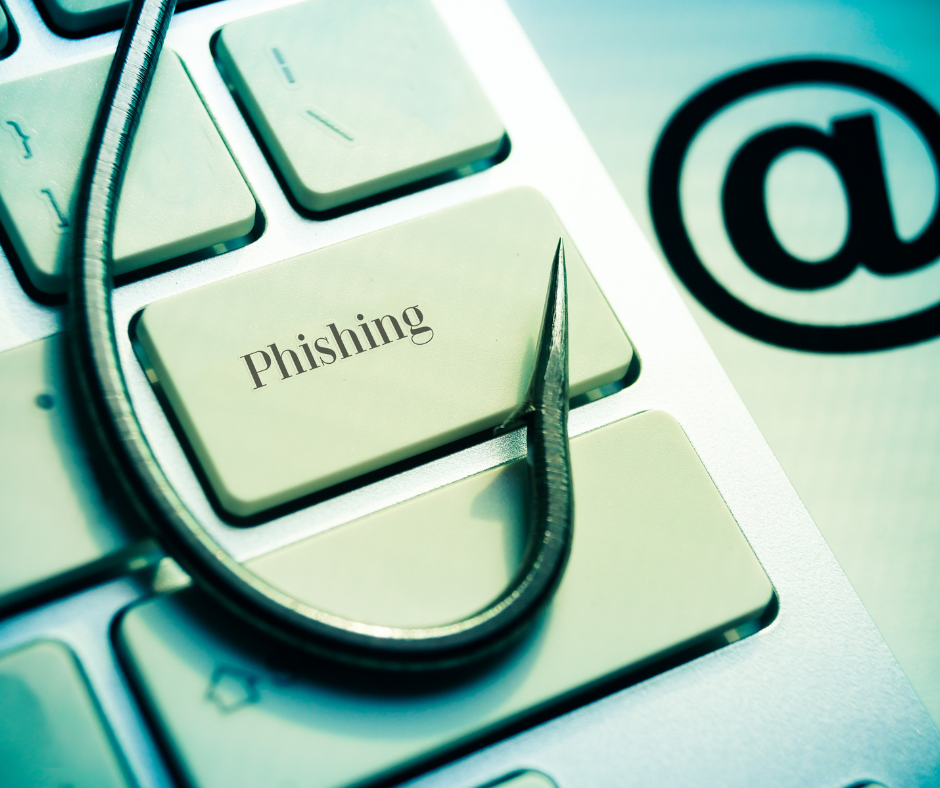
Phishing emails remain one of the most common cyber threats. Be cautious of emails that ask for login credentials, financial details, or include suspicious links. Always verify the sender before clicking on links or downloading attachments. When in doubt, contact your IT department for guidance.
7. Secure Your Devices
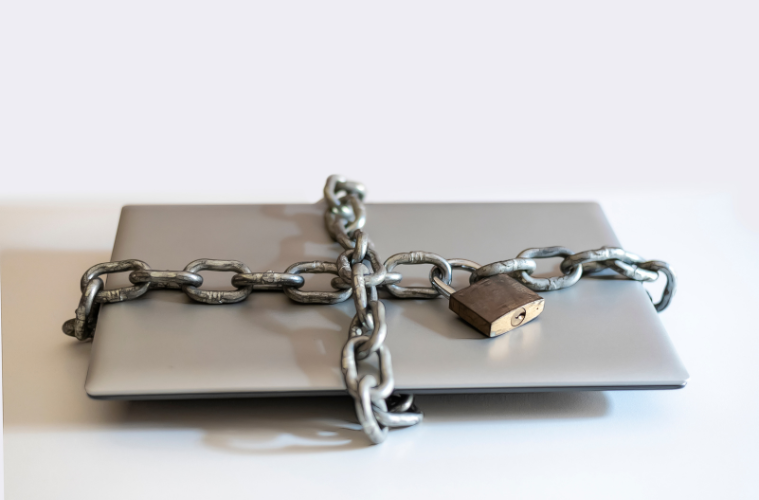
Lock your computer and mobile devices when not in use, even at home. Enable fingerprint or facial recognition features for extra protection. Install security software that includes real-time threat detection and firewall protection.
Final Thoughts
Remote work offers flexibility, but it requires vigilance when it comes to cybersecurity. Strong passwords, regular updates, and cautious online behaviour can go a long way in keeping your data safe. By following these tips, you can work confidently knowing that your digital security is a top priority.


